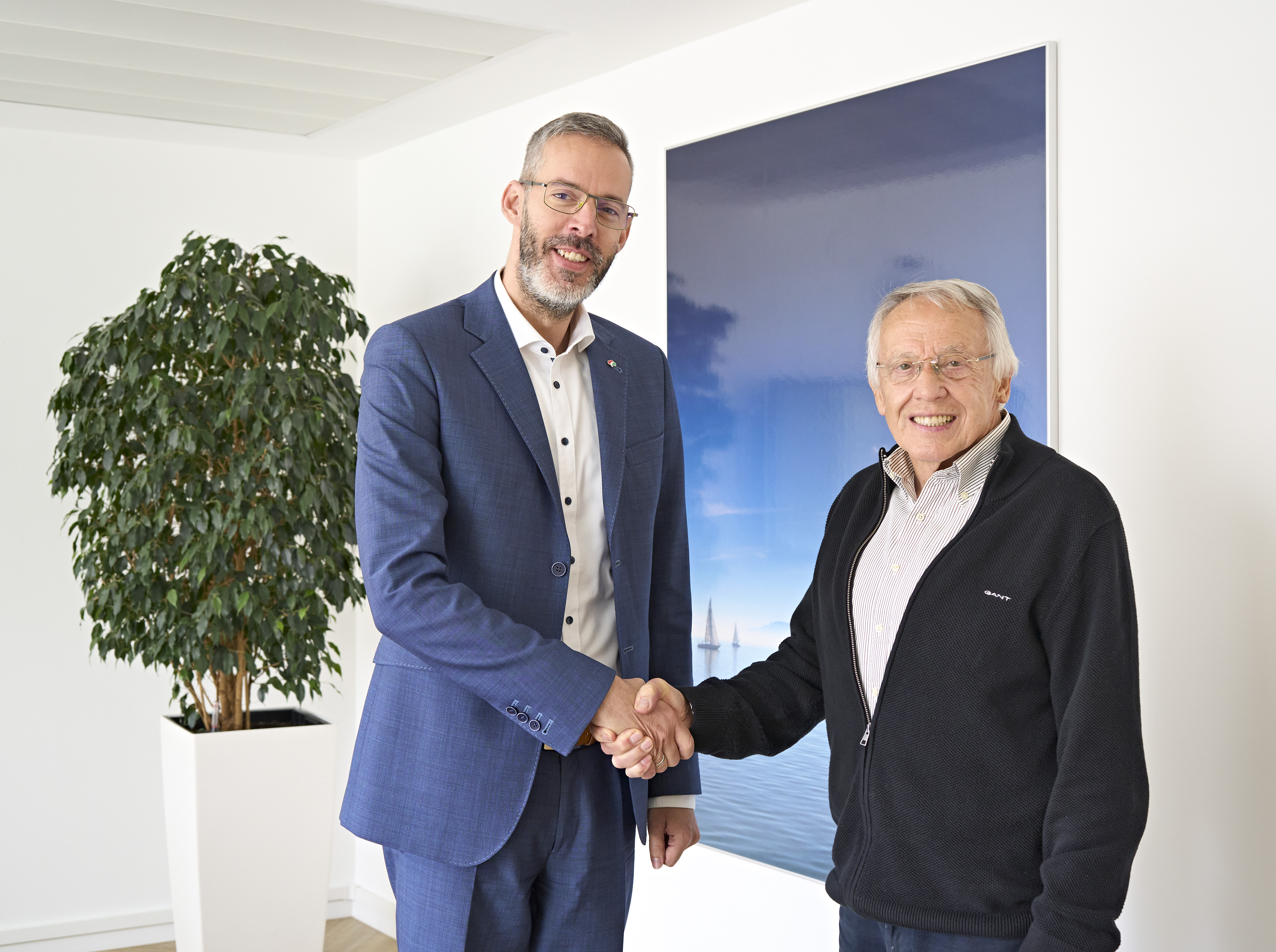Building a School for the Successfully Socially Responsible

Anthony Radev
On July 1, 2019, Corvinus University of Budapest became Hungary’s first foundation-run higher education establishment, and Anthony Radev became its president. The Budapest Business Journal sat down with him for a wide-ranging interview on the pressures today places on education in general and universities and students in particular. These are some of the highlights.
BBJ: How has becoming a foundation-run university changed Corvinus?
Anthony Radev: It changed the whole philosophy. In the old system, the Minister of Higher Education took the governing body’s role over the university. You have 50-plus universities in Hungary. How is it possible that one person can effectively guide 50 different universities? It isn’t. So, the idea was to set up a dedicated board of trustees that is focused on one institution. And they have responsibility for the development and performance of that institution.
The university is not an institution in its own right: its mission goes far beyond itself. The board of trustees appoints the management – the president and the other members of the leadership team – to come up with a proposal for how to run the school. What is the proposed strategy? What are the proposed strategic initiatives? The board deal with two things: One is the long term strategy, the other is the budget, and they must approve both. So far, I think we have a solid agreement. What the leadership has proposed, the board of trustees has approved; there have been no major differences of opinion. The board of trustees and the Senate share the work to find the balance of educational and research autonomy, and the performance expectations.
Accountability and responsibilities were introduced to the system. What do we want? We want to be the best: best university, best students, best programs, best faculty, best operating environment. “Best” is a real thing. It should be better than today. It might not be Harvard tomorrow, but this is the direction we want. And because of the model change, we now have resources. Our annual budget doubled. That’s a massive change.
BBJ: Corvinus is your alma mater (back when it was Budapest University of Economics). Is that what appealed in becoming president?
AR: I retired professionally 10 years ago. I had three phases in my life. First was “learning,” then there was “earning.” When I retired, I started “returning,” giving back. There are multiple ways of giving back; I thought it very meaningful to help the next generation get a better starting position in life than I had. And, of course, your alma mater is always your alma mater.
BBJ: What are the most significant challenges facing Corvinus today?
AR: Educational systems are designed to be stable. They are not designed to reflect and incorporate very quickly the changing world. They typically focus on something that can be useful for your whole life. They’re not following the news but some fundamental methodological, philosophical approach. This fast-changing world, fast-changing technologies, fast-changing knowledge is putting a lot of pressure on education. How you raise and sustain a much higher metabolic rate in an institution not designed for a higher metabolic rate is a key challenge.
Social media is a great thing, but it poses a great challenge: how do we function as a community? As a community of people with common interests, common values, common goals, similar aspirations? Everybody wants to be successful and impactful while being socially responsible. The question is, how do all these individuals make a community to support, to inspire, to motivate each other? This way of life is different. We have various challenges about sustaining the level of community sense in our students. We have to find a way because there is a danger if you do not that you move into transactionalism. I come in for my class, and when class is over, I go away. I don’t spend time with my classmates outside of the classroom. People have a strong sense of self-identity; individual identity now has the upper hand over collective identity.
If you ask a young person, “What do I need to know about you?” they’ll start with their interests, their hobbies. Nobody will begin with “I am attending Corvinus.” So Corvinus is not part of their identity. We want to change that. “The most important thing you need to know about me is that I go to Corvinus; I am a student of Corvinus.” I want every young person to start their introduction with this statement.”
BBJ: One complaint we hear a lot from the commercial world is that Hungarian graduates are well-versed in book learning but lack soft skills. Do you recognize that description?
AR: In the whole educational program – and it’s a century-long tradition – soft skills were never explicitly part of it. This, definitely, should change. That’s point one. But point two is, if you ask the students what their biggest complaint is, more than 60% would say it is the distance between theory and practice. We are working on that part; we try to bring people in from the practice in every course. I think what CEOs actually miss in their graduates is that they don’t understand the industry. They apply for a job, but they don’t really know how the telecommunications market works, for example. CEOs blame the universities, but there are 28 sectors in the economy. I cannot prepare people for all 28 sectors in the same depth. But we are willing to bring in people from those sectors so our students see how to apply theoretical frameworks in real life. We have more than 50,000 alumni, so we can always find somebody to come in and speak to the students for half an hour. We have 500 faculty at Corvinus, and we use 400 external speakers on a regular basis.
BBJ: What is your breakdown between international and Hungarian students?
AR: It is 80% Hungarian and 20% international. We might grow that to 25%, but the order of magnitude is about right. We want to make this school as international as possible. That does not only mean that you have international faculty; you should also have international students. Students should be able to get to know bigger and bigger portions of the world without leaving university. For me, being prepared for the world requires you to internationalize. Half of our teaching today is in English. That’s also part of internationalization.
BBJ: If you were pitching the university, what would you say? Why should someone choose Corvinus?
AR: This school is for people who want to be successful, impactful, and socially responsible. We can call social responsibility being socially sensitive, socially aware, or whatever. I call it responsible. Successful, not only because you have a great salary, but because you can actually impact the world, make somebody’s life easier and better. You provide solutions to other people’s problems. At the same time, you’re socially responsible. And if you are the person who wants to be that, Corvinus is the place for you.
This article was first published in the Budapest Business Journal print issue of May 19, 2023.
SUPPORT THE BUDAPEST BUSINESS JOURNAL
Producing journalism that is worthy of the name is a costly business. For 27 years, the publishers, editors and reporters of the Budapest Business Journal have striven to bring you business news that works, information that you can trust, that is factual, accurate and presented without fear or favor.
Newspaper organizations across the globe have struggled to find a business model that allows them to continue to excel, without compromising their ability to perform. Most recently, some have experimented with the idea of involving their most important stakeholders, their readers.
We would like to offer that same opportunity to our readers. We would like to invite you to help us deliver the quality business journalism you require. Hit our Support the BBJ button and you can choose the how much and how often you send us your contributions.










